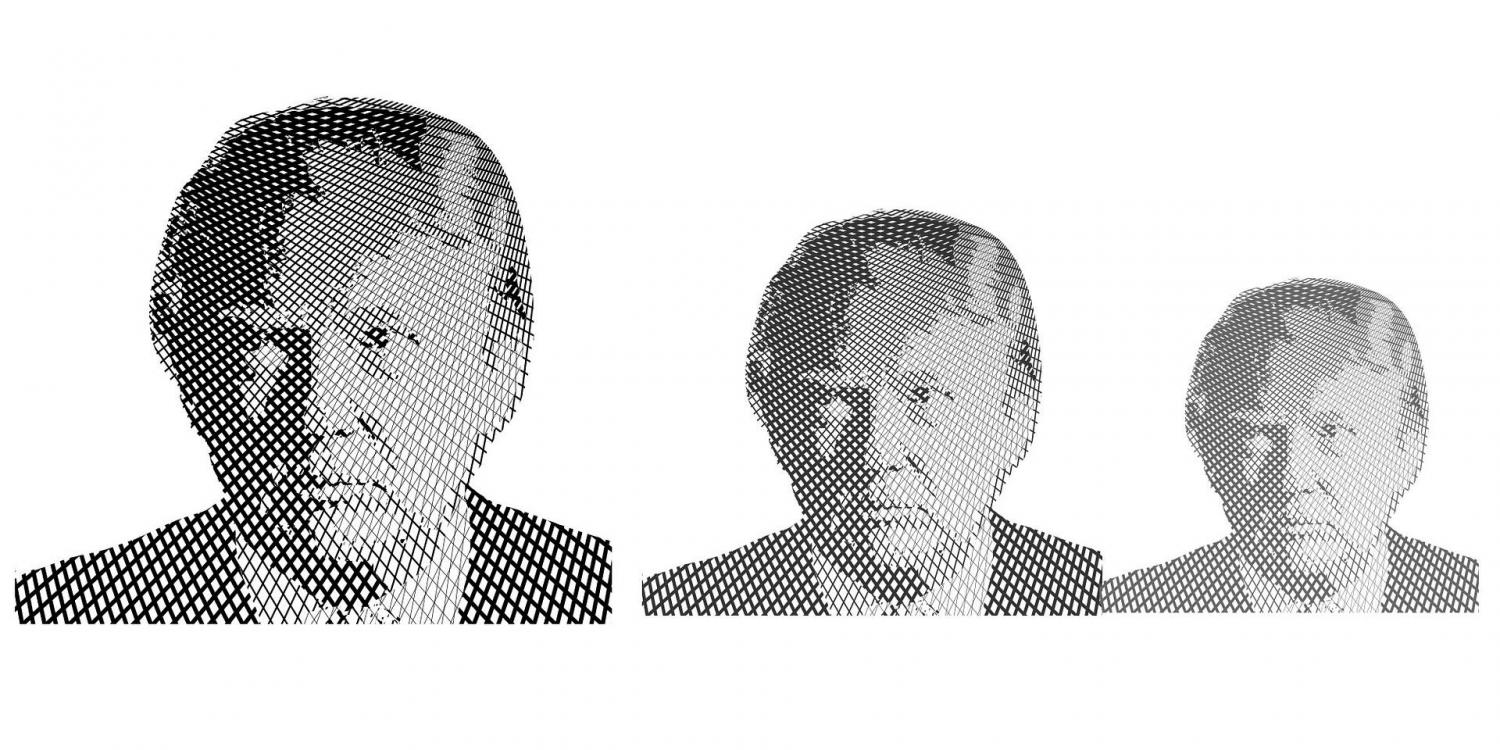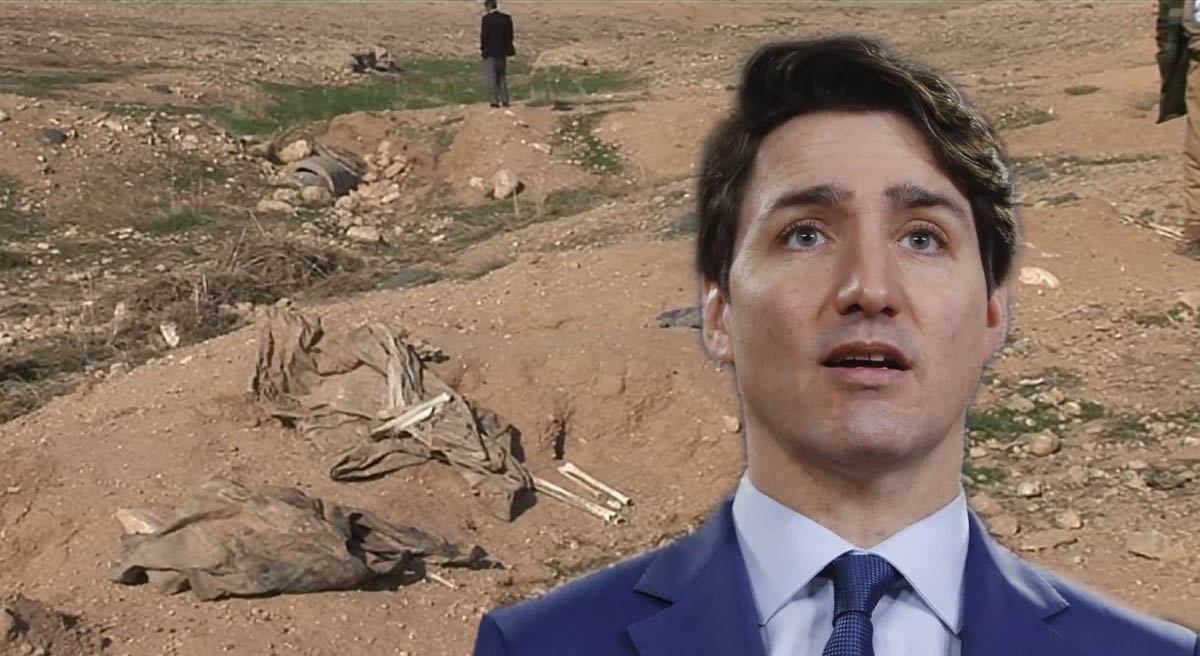
The Archduke Game
My PhD supervisor was an elegant Hungarian who had grown up in the wreckage of the Austro-Hungarian Empire. He completed his advanced studies by the late 1940s and fled Hungary during the revolution. Arriving in Canada in 1957, he joined the faculty at Toronto. He was a terrific mentor and a lifelong friend, and in his brilliant, mirthful and compassionate way taught me high science, low cunning, philosophy, humour, and lots of European culture. Amongst the salad of cultural tidbits that he had salvaged from the rubble of the Kingdom of Hungary was a cynical little game about oral examination boards and favouritism, played by graduate students. It was called “The Archduke Game”.
In the game, a small group were the Examining Committee, while another graduate student played the Archduke. The Examining Committee was required to ask the Archduke an easy question, and the task of the Archduke was to give the most outrageously wrong answer he could imagine. The Examiners were then required to explain to the audience and to the judges why that answer was actually correct, and even brilliant and especially perceptive, because it had exposed interesting alternate meanings of the question, or special circumstances, or little-known new knowledge. The judges then decided that either the Archduke had won, by making an answer nobody could polish, or that the Examiners had won by making a plausible argument for the peculiar answer.
A chilling variant of the Archduke game is now being played in earnest in the United States. The role of the Archduke is being played by President Trump, but the easy questions arise spontaneously from the normal daily events in the political milieu or are posed at press conferences. The explanatory task of the Examiners is being carried out by Sean Spicer, Paul Ryan, Kellyanne Conway, and a host of folk sympathetic to the President. The judges are variously the political classes, the electorate, and the world. No one wants mayhem, so it is natural, sitting in front of a TV, to surmise that surely he meant something just slightly different, as we try, whether we agree with him or not, to impose a framework of rationality on the world about us.
And it is very likely that, at least in some cases, he did mean something a bit different than how it came out. But the Archduke-style answers guarantee a lot of caprice and unpredictability. So dialogue in some quarters, including within the President’s camp, has turned to how to “manage” the President. To be fair, anyone carrying out the busiest job in the world probably needs some “management” to be effective.
But this time around, the discussions about such managing have taken on disturbing tone, as Republicans discuss the difficulty/impossibility of giving the President bad news or the likelihood of being fired if your advice or guidance doesn’t match some pre-existing and not fully rational prejudice. Discourse on how to stop the tweets or make him less inclined to lash out sound less like how to manage an overloaded senior government figure and more like how to manage a performing, semi-tame carnivore.
Imagine, if you will, the discourse of the handlers on a movie set trying to get set up to film the scene where they want their fairly tame grizzly bear to break into the cabin, while making sure he doesn’t eat the prospector inside. Walt Disney, where are you when we really need you?
Chuckle if you will, but the handling being discussed now sounds a lot like how to deal with a sentient creature for which you may have some sympathy, but which is clearly not a fully capable person. This is an unstable and dangerous state of affairs.
The Archduke Game must end very soon, and there are only two routes from the game back to reality. Either the President must dramatically re-invent himself or he must go. His allies will be watching desperately for signs of the former in the next few weeks. If they don’t see those signs, their thoughts will start to drift to the latter.
Was the Riyadh speech a start on re-invention or just a blip on the graph? Today, only the Archduke knows, but soon the Examiners will know, and then the judges will judge.









